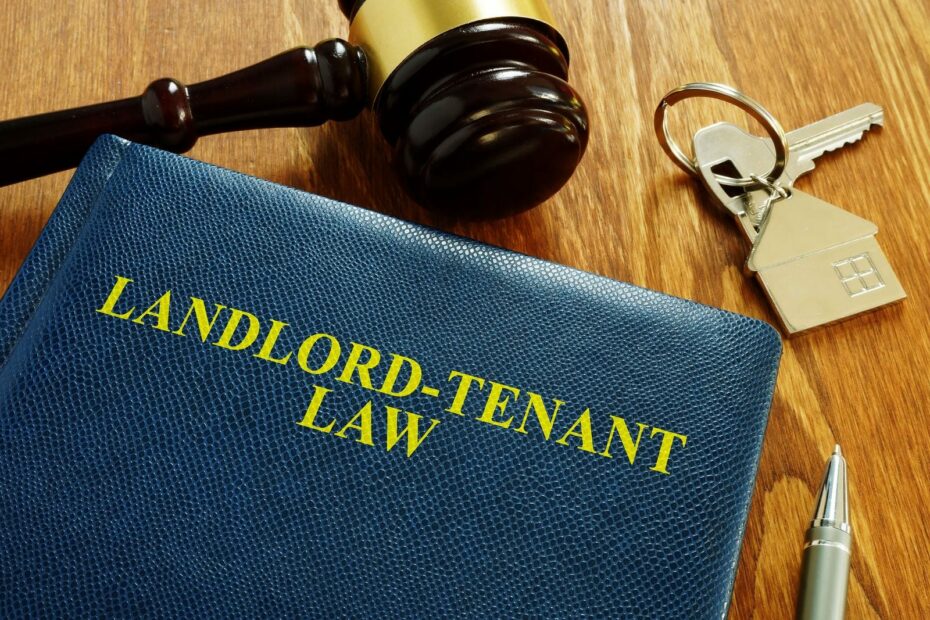Demystifying Landlord-Tenant Laws: Eviction Process Explained
Investing in real estate can be a lucrative way to earn passive income, but it comes with its own set of legal responsibilities. One of the critical aspects of real estate investing is understanding the landlord-tenant laws, particularly the eviction process. Evicting a tenant can be a time-consuming and costly process, and it is essential to understand the legal requirements and the rights and responsibilities of both landlords and tenants. This article aims to provide an overview of the eviction process and key aspects of landlord-tenant laws.
Understanding the Eviction Process
The eviction process involves removing a tenant from a rental property due to a violation of the lease agreement or non-payment of rent. The process typically starts with a written notice from the landlord to the tenant stating the reason for the eviction. The notice usually gives the tenant a certain number of days to either rectify the situation or vacate the property.
If the tenant does not comply with the notice, the landlord can file a formal eviction lawsuit in court, and the tenant will receive a summons to appear in court. At the hearing, the landlord will have to provide evidence of the tenant’s violation of the lease agreement, and the tenant will have a chance to present their defense. If the judge rules in favor of the landlord, the tenant will have a certain number of days to vacate the property voluntarily.
Landlord’s Rights and Responsibilities
Landlords have several rights, such as the right to receive rent payments on time and the right to evict tenants for breaching the lease agreement. However, landlords also have certain responsibilities, such as providing safe and habitable living conditions and respecting the tenants’ privacy rights. Landlords must also follow the legal process for evicting tenants and cannot use self-help measures such as changing locks or shutting off utilities to force a tenant to vacate the property.
Tenant’s Rights and Defenses
Tenants have several rights, such as the right to live in a safe and habitable property, the right to privacy, and the right to a written lease agreement. Tenants also have defenses against eviction, such as proving that the landlord did not provide adequate notice or that the landlord violated the lease agreement. Tenants can also file a counterclaim against the landlord for breach of contract or violating their legal rights.
Legal Requirements for Eviction Notices
Eviction notices must follow certain legal requirements, such as providing a specific reason for the eviction and giving the tenant a specific number of days to comply or vacate the property. The notice must also be served to the tenant in a specific way, such as by certified mail or in-person delivery.
It is essential for landlords to understand the legal requirements for eviction notices to avoid delays or legal disputes. Landlords can seek legal advice or use resources such as repit.org, which provides data insights on rental rate appreciation, historical trends, and projected 1-year appreciation.
In conclusion, the eviction process is a crucial aspect of real estate investing, and it is essential to understand the legal requirements and the rights and responsibilities of both landlords and tenants. Investing in real estate can be a profitable endeavor, but landlords must follow the legal process for evicting tenants and provide safe and habitable living conditions. Tenants have legal rights and defenses against eviction, and eviction notices must follow specific legal requirements. By understanding the eviction process, landlords can avoid legal disputes and maintain a positive relationship with their tenants.
